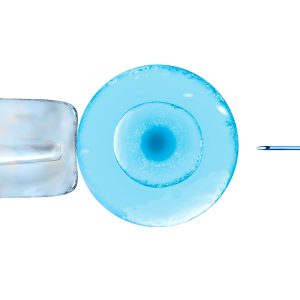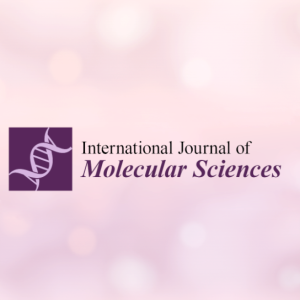Exosomes are very small extracellular vesicles of endosomal cellular origin. Exosomes are secreted by different cell type and their content greatly depends on their cellular origin. Exosomes are involved in intercellular communication and transportation of genetic material. It has been recently reported that exosomes which are released by mesenchymal stem play a significant role in cell-free therapy of various diseases, including myocardial infarction, diabetes, drug addiction and status epilepticus.
The use of heterologous Mesenchymal Stem cells (MSC)-derived exosomes has been confirmed for the cell type-specific targeting of drug delivery as a better alternative because of several features:
-
- First, heterologous exosomes do not elicit acute immune rejection and pose no risk for tumour formation.
- Second, MSCs, who are efficient mass producers of exosomes, can be cultured on a large scale, providing necessary means for individualized therapy.
- Third, the safety of exosomes has been confirmed in vivo by different animal models.There is a phase II-III clinical study performed by a scientific group in Egypt, whose hypothesis is that intravenous infusion of cell-free umbilical cord blood-derived MSC microvesicles may reduce the inflammatory state, thus improving the β-cell mass and glycemic control in patients with type 1 diabetes (T1DM).
SEGOVA team has successfully applied autologous Mesenchymal Stem cells systemic exosome therapy in patients with Diabetes.
Bone marrow derived mesenchymal stem cell exosome isolation is time-consuming and technologically demanding process that requires at least 72 hours preparation. SEGOVA team is currently using differential centrifugation and filtration for exosome isolation.






